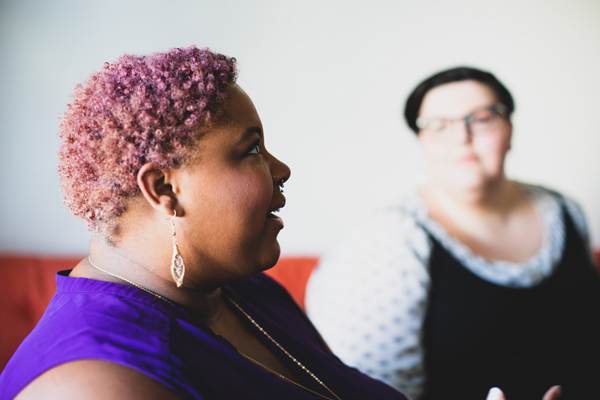by Suellen Walsh
As a new mediator I am fascinated with many topics of mediation. Power imbalances and how a mediator identifies power differentials and addresses them effectively is of particular interest.
One power imbalance I’ve been thinking a lot about is that between mediator and clients. The mediator as the paid professional and expert is by default the more powerful, regardless of the personality of client that might show up in the room. I believe that most of us have an internal bias that activates when we go to professionals. We are socialized to expect that the expert will tell us what to do to fix our problems. When people are in distress and more vulnerable, this belief system may be more activated. So how does a mediator effectively work with these overt or more subtle expectations to be directive? How do we help clients understand how we are different from advisors, attorneys and psychotherapists?
I learned during my recent divorce mediation training the importance of discussing at the onset of mediation the fact that a facilitative mediator is an “impartial neutral”. We practiced opening statements that included mentioning that mediation is a “self determined” process and that mediators do not make decisions or give advice. Mediators prepare clients to understand this, and I imagine that many clients initially often don’t fully grasp the complexity of what this stance really means and how it will significantly impact the process and outcome of mediation.
The belief that each person, couple, even couples with significant conflict, have more knowledge about their lives, their needs, and the needs of their family seems obvious, yet is not a position that may be easily accepted by both clients and professionals. Our culture of divorce has shifted the balance of power from the hands of the individuals far too often. I suspect that even for people who choose mediation, there are often obstacles to holding to this framework. I envision the mediator as the guide, constantly keeping the focus on the clients as experts of their own lives, despite the pull to deviate.
As a new student of mediation perhaps I am overthinking the process aspect to how this transformation and rebalancing of power between client and mediator occurs. I suppose that showing up, sitting together, and doing the work well is what allows the facilitation process to grow. I imagine the deep satisfaction that results when very difficult decisions get resolved by the hard work and dedication of the clients. I look forward to experiencing this process and hopefully being transformed by it myself too.
Suellen Walsh, Ph.D.
Suellen is an experienced clinical psychologist and a newly minted mediator in the start up phase of her practice. She loves to network and welcomes comments at suellenwalsh@gmail.com
Image Credit – Photo by AllGo – An App For Plus Size People on Unsplash

